Have you ever noticed your once-independent feline friend suddenly becoming a cuddly lap companion as they age? It’s not your imagination—many senior cats undergo remarkable emotional changes that transform them into affectionate, loving pets. Watching a dignified old cat seek out your lap or gently nuzzle your hand can be surprisingly moving, especially if you remember their aloof youth. These shifts are more than just sweet quirks; they’re windows into the deepening bonds between cats and their humans. Let’s dive into the fascinating emotional shifts that make senior cats so much more affectionate, and discover how these changes can bring unexpected joy and warmth to both feline and human hearts.
Growing Sense of Security

As cats get older, their world often becomes more predictable. The hustle and bustle of kittenhood and the curiosity-driven antics of adulthood fade away. Senior cats usually find comfort in routines and the familiar presence of their humans. This growing sense of security often leads them to seek out affection more openly. They know who you are, where to find you, and that you represent safety. When they curl up next to you or follow you from room to room, it’s a sign of trust that has been built over years. This newfound confidence often manifests as gentle purring, slow blinks, and soft headbutts—a silent language of love from your aging companion.
Decreased Anxiety About Territory

In their younger years, cats are often preoccupied with defending their territory. They may patrol the house, guard favorite spots, or react strongly to new scents or visitors. As they age, however, many cats relax these territorial instincts. Their priorities shift from defense to comfort. With less need to assert dominance, senior cats often become more tolerant of other pets and more interested in human contact. You might notice your older cat lounging in common areas rather than hiding or staking out isolated corners. This emotional shift creates more opportunities for cuddles and connection, as your cat learns to let their guard down and enjoy the simple pleasures of companionship.
Increased Attachment to Routine

Senior cats thrive on regularity. As their senses and agility change, they find peace in knowing what to expect. This reliance on routine doesn’t just ease their minds—it also deepens their attachment to the people who provide that stability. If you’re the one who feeds them, plays with them, or simply sits with them every evening, your presence becomes a comforting anchor. This bond can translate into more affectionate behavior, such as waiting by the door, greeting you with soft meows, or insisting on sharing your favorite chair. The routine becomes a dance of mutual trust, and the affection that comes with it is a reward for your consistency.
Gratitude for Care and Comfort
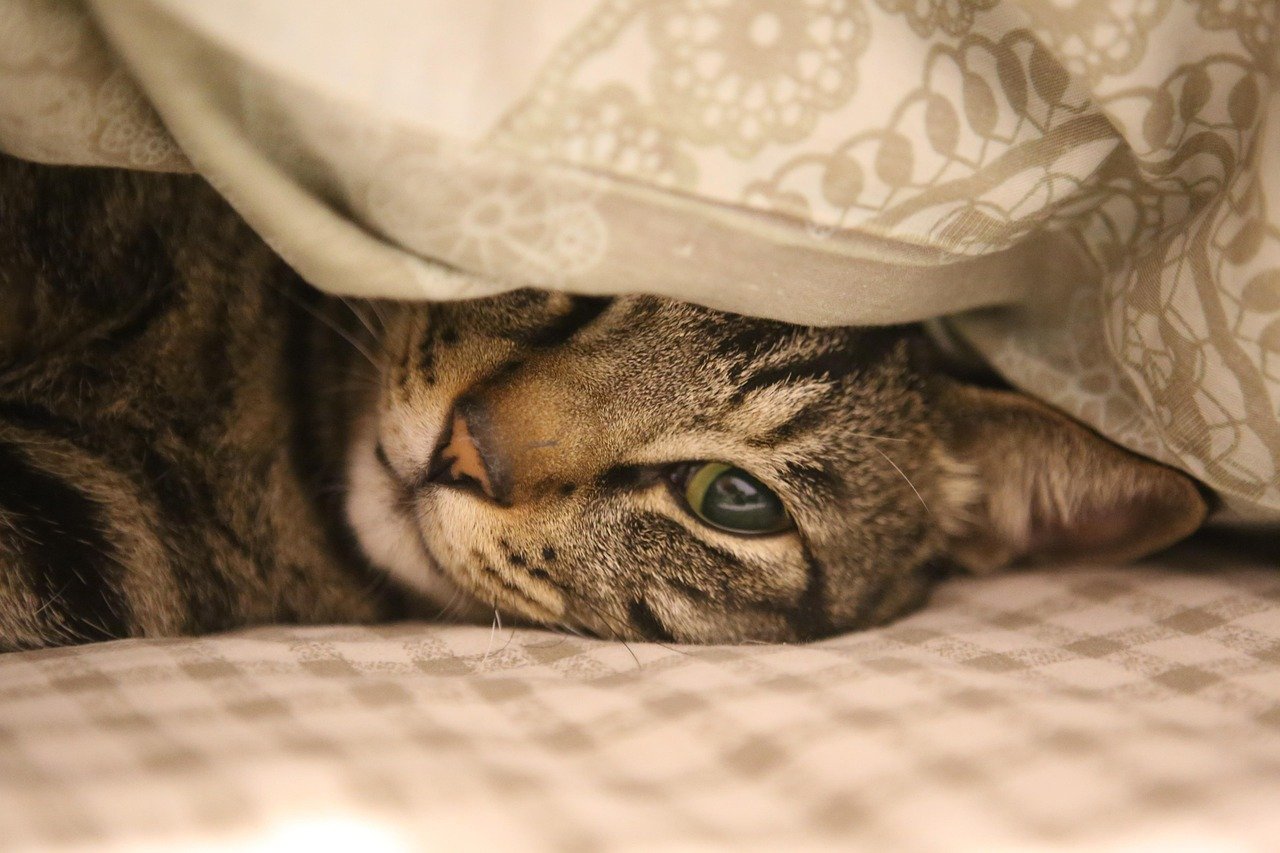
There’s something almost human about the gratitude older cats seem to express. As they face age-related challenges like stiff joints or diminished eyesight, they develop a deeper appreciation for gentle handling and extra comforts. Even the most independent senior cat may begin to seek out warmth, soft beds, and soothing pets from their trusted humans. Their purrs take on a new, contented tone, and they may knead your lap with slow, deliberate movements. This kind of gratitude isn’t flashy, but it’s deeply felt. It’s as if your cat is saying, “Thank you for being here with me.” That simple exchange of care and appreciation can turn even the most distant cat into a devoted companion.
Reduced Impulse for Exploration
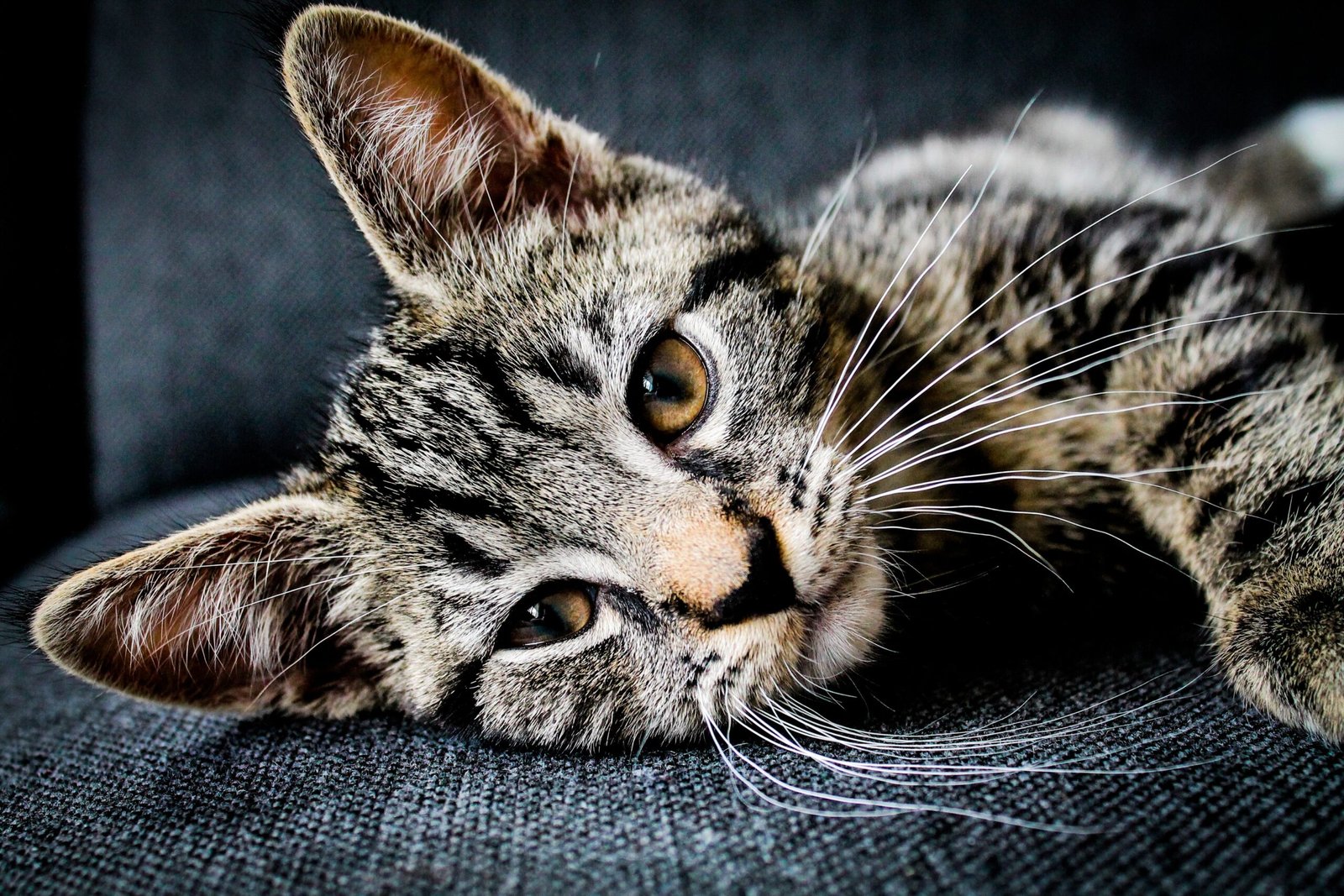
Young cats are notorious for their sense of adventure. But as cats grow older, their desire to explore fades, replaced by a longing for familiarity and closeness. This reduced impulse for exploration keeps them close to home—and close to you. Instead of darting through open doors or leaping onto high shelves, your senior cat may choose to settle next to you on the couch, content with the view from your lap. The loss of wanderlust is bittersweet, but it often leads to more tender moments. There’s a quiet beauty in seeing a once-wild spirit find peace in your presence, trading the unknown for the comfort of your touch.
Softening of Independence

Independence is a hallmark of feline nature, but even the most self-reliant cats can mellow with age. Senior cats often become less interested in solitary activities and more open to social interaction. They might seek out your company, follow you from room to room, or nap in your lap for hours. This softening of independence is usually gradual, marked by an increase in slow blinks and gentle purrs. It’s not that your cat loses their sense of self; rather, they learn to value companionship in ways they didn’t before. This shift can be heartwarming for owners who have long respected their cat’s fierce autonomy.
Desire for Warmth and Softness

Aging brings its own set of physical challenges, and senior cats often become more sensitive to cold or hard surfaces. Their bodies crave warmth, softness, and comfort—and what better source than a cozy human lap? You might notice your older cat seeking out sunbeams, blankets, or curling up beside you more than ever before. This physical need for comfort often translates into emotional closeness. The simple act of sharing warmth becomes a daily ritual, drawing cat and human together in quiet moments of affection. It’s a gentle reminder that love can be as simple as sharing a soft spot on the couch.
Heightened Sensitivity to Human Emotions

Many cat owners swear that their older cats seem to “just know” when something’s wrong. There’s mounting evidence that senior cats become more attuned to the moods and emotions of their humans. They might snuggle closer when you’re sad, or offer a reassuring headbutt when you’re stressed. This heightened sensitivity isn’t just coincidence—it’s the product of years spent observing and bonding with you. As they age, cats often become more empathetic, responding to your energy in ways that are both comforting and uncanny. It’s as if they become silent, furry therapists, offering love without judgment or expectation.
Deeper Trust Built Over Time

Trust isn’t given lightly in the feline world. It’s earned through years of gentle care, patience, and respect. Senior cats, having witnessed your consistency and kindness, often let down their walls in profound ways. They may expose their bellies, rest their heads on your hand, or even groom you—a high honor in cat society! This level of trust unlocks new depths of affection. The relationship becomes less about necessity and more about genuine connection. When your senior cat chooses to spend their golden years close to you, it’s the ultimate sign of love and loyalty.
More Frequent Seeking of Physical Contact
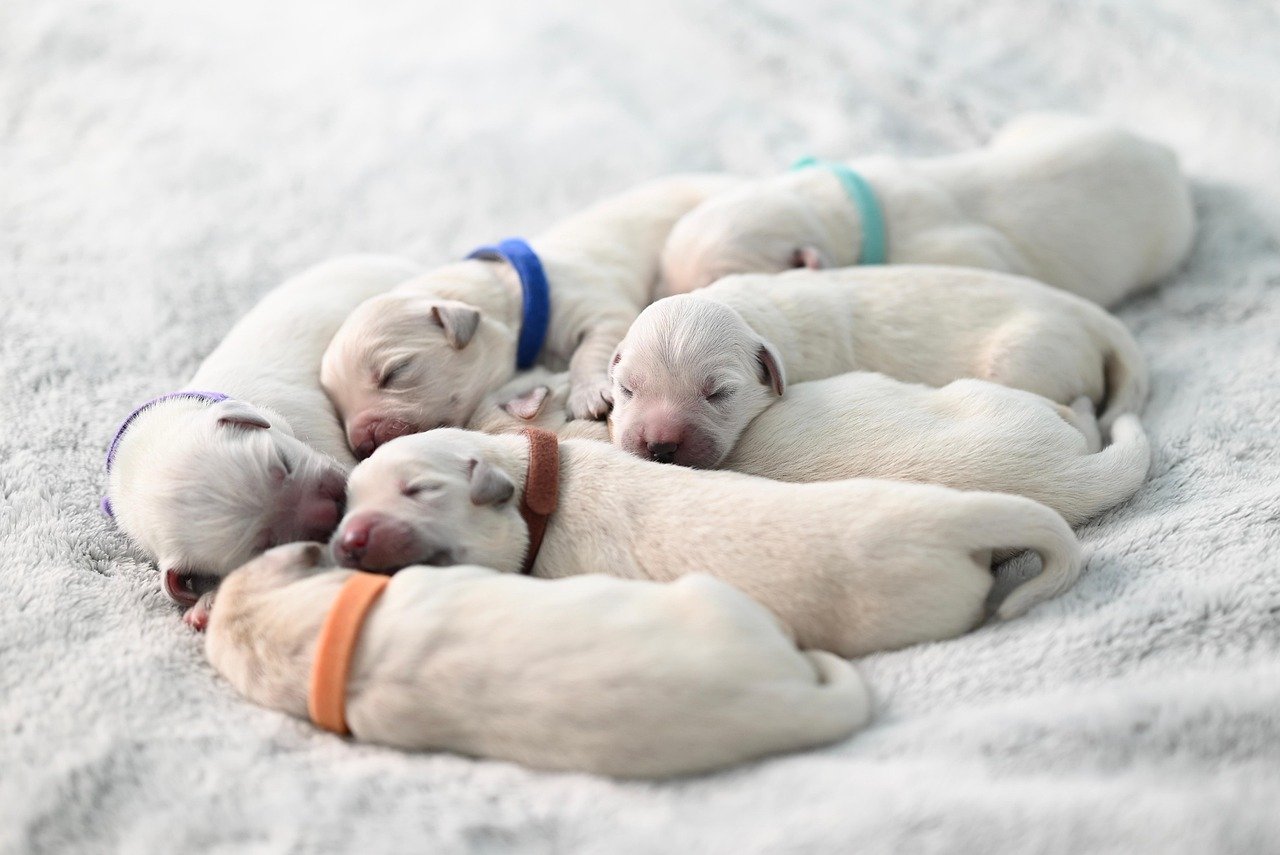
Where a young cat might have darted away at the slightest touch, a senior cat may actively seek out your hands for gentle strokes or soothing massages. This increased desire for physical contact can be both surprising and delightful. You might find your cat nudging your hand, curling around your legs, or even tapping you for attention. They crave the reassurance of your touch, especially in moments of vulnerability. This shift can be especially poignant for owners who remember when their cat preferred distance—now, every cuddle feels like a hard-earned treasure.
Less Interest in Competition

In multi-cat households, younger felines often compete for attention, food, or favorite spots. Senior cats, on the other hand, tend to withdraw from these social skirmishes. Instead of vying for dominance, they become more focused on their relationship with you. This reduction in competitive behavior opens the door for more peaceful, affectionate interactions. You might notice your older cat waiting patiently for their turn or even sharing space with other pets more willingly. Their priorities shift away from rivalry and toward harmony, making home life calmer and more loving for everyone involved.
Appreciation for Gentle Interaction
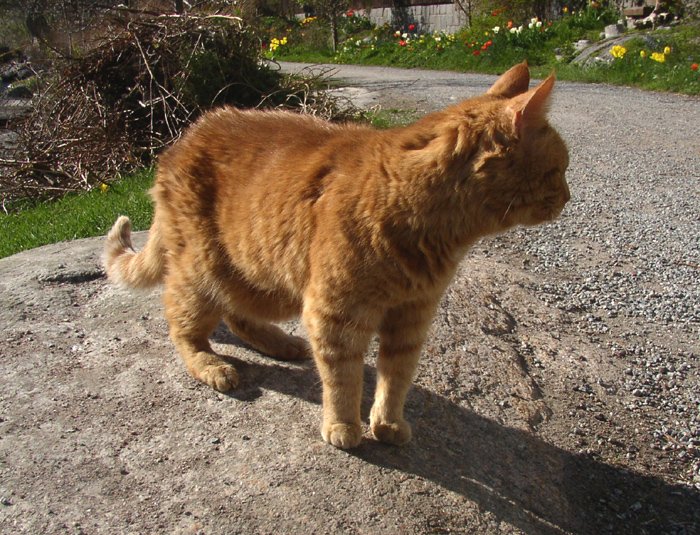
With age, cats become more sensitive both physically and emotionally. They learn to appreciate gentle interactions and often respond with greater affection when treated with care. Soft voices, slow movements, and light petting become cherished gestures. Your senior cat might reward your tenderness with loud purrs, slow blinks, or by pressing their head into your palm. This appreciation for gentle handling can deepen your bond, reminding you that the smallest acts of kindness can have the biggest impact on an aging pet’s happiness.
Increased Vocalization for Attention

Some senior cats become more vocal as they age, using meows, chirps, or trills to communicate their needs and desires. These new sounds are often requests for attention or companionship. It’s as if your cat has discovered a new way to say, “I want to be close to you.” This increased vocalization can be endearing, especially when paired with affectionate behaviors like headbutting or rubbing against your legs. Listening and responding to these vocal cues shows your cat that you care, reinforcing the emotional connection between you both.
Reluctance to Be Alone
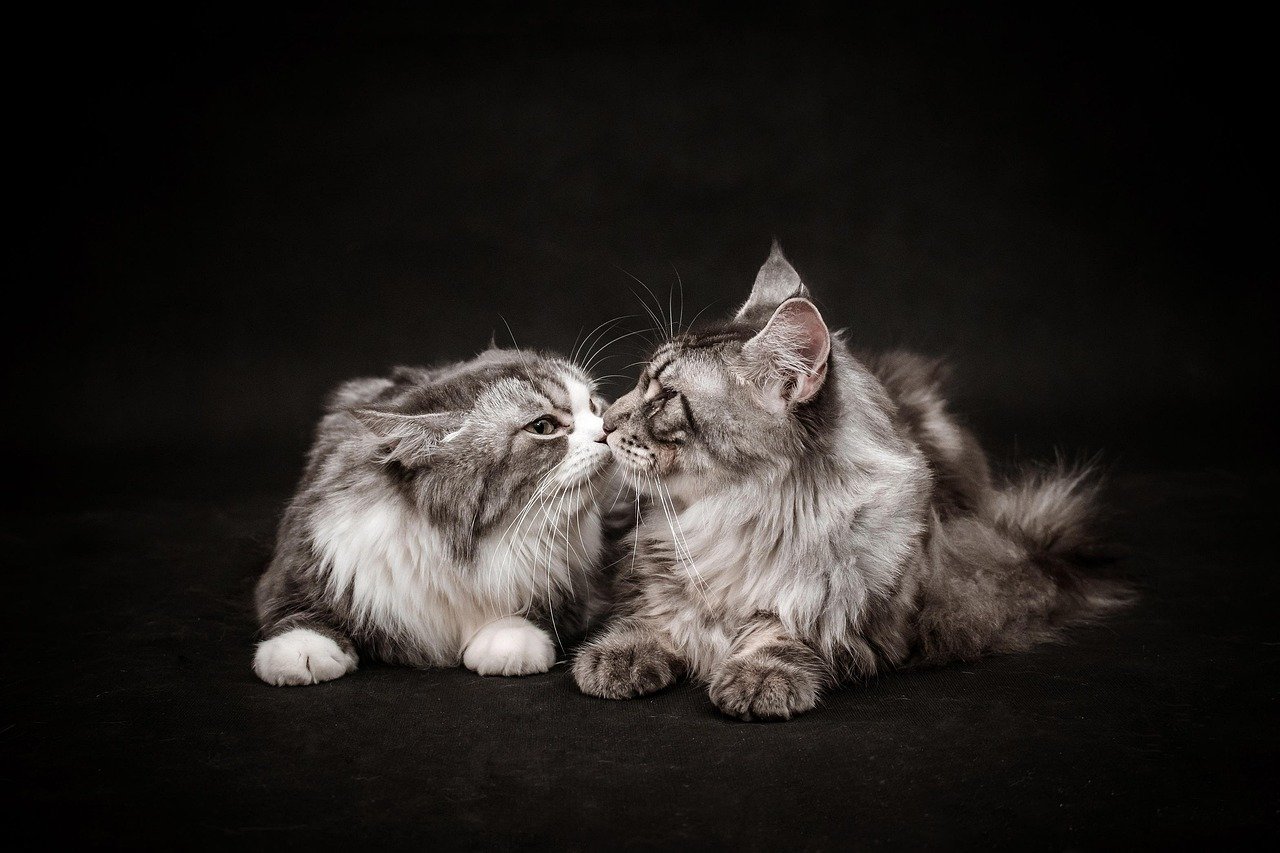
Whereas younger cats may relish solitude, many seniors develop a reluctance to be alone. They might follow you from room to room, sleep beside you, or even wait outside the bathroom door. This newfound need for companionship is a direct result of emotional shifts that prioritize connection over independence. Your cat’s presence becomes a constant, comforting shadow, and their need for closeness can be both touching and humbling. It’s a powerful reminder that even the most solitary souls can learn to crave company.
Desire for Reassurance During Change
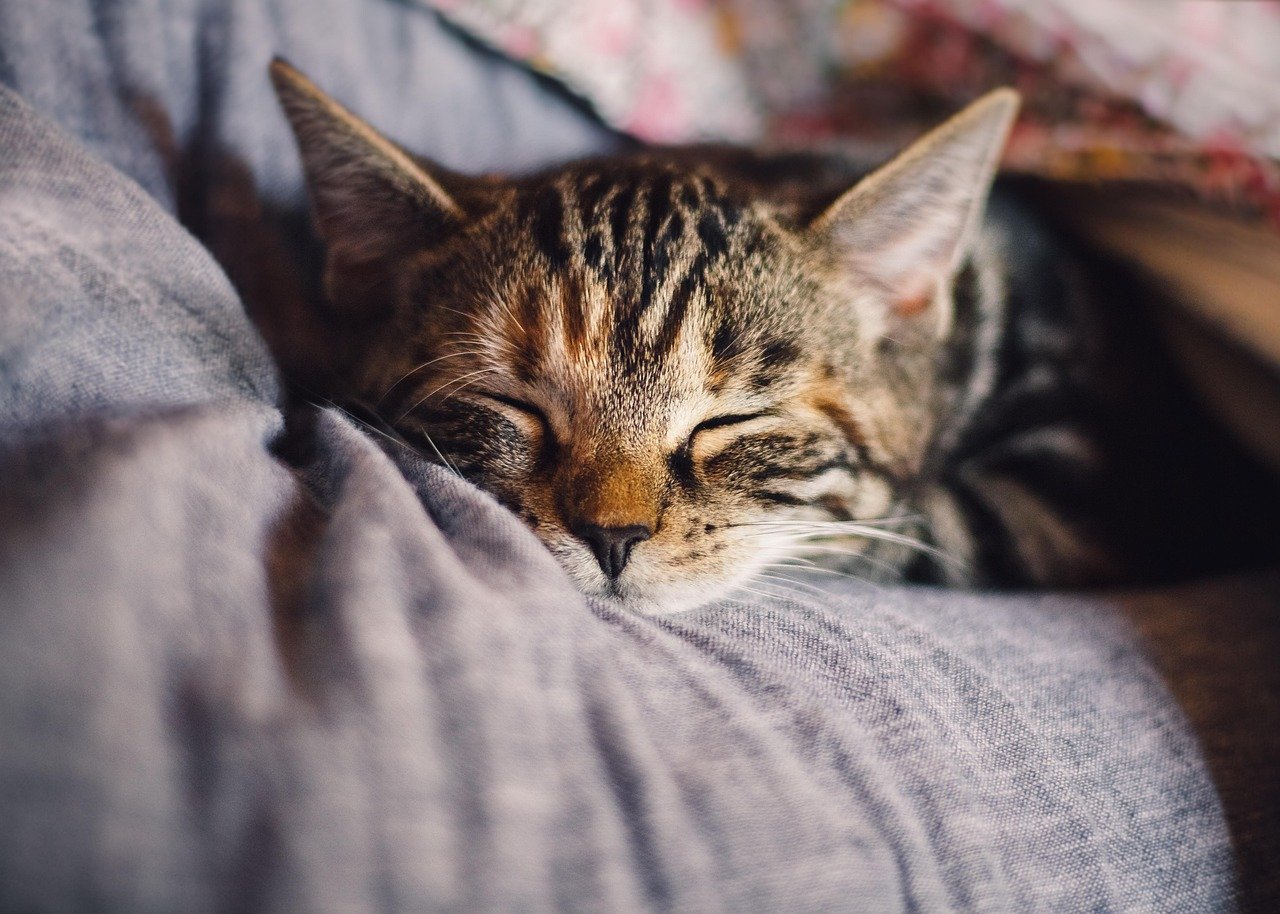
Aging brings inevitable changes—new routines, health challenges, and shifts in the household dynamic. Senior cats often turn to their humans for reassurance during these times. They may seek out extra cuddles, purr more loudly, or nuzzle your hand as if to say, “Everything will be okay as long as we’re together.” This need for reassurance strengthens your bond, creating a loop of comfort and affection that benefits both cat and owner. It’s a gentle, unspoken promise of support through life’s transitions.
Softening Toward Other Pets

As senior cats mellow emotionally, they often become more tolerant of other pets. Rivalries that once seemed fierce may fade, replaced by peaceful coexistence or even gentle grooming sessions. You might catch your older cat snuggling with a dog or playing softly with a younger feline companion. This softening towards others is a sign of emotional maturity, reflecting a shift from self-interest to shared comfort. The warmth they gain from these connections can spill over into even greater affection for their human family.
Reluctance to Engage in Rough Play

High-energy play sessions are a thing of the past for most senior cats. Instead, they favor calm, affectionate interactions over rough-and-tumble games. This reluctance to engage in play is often replaced by a preference for gentle petting, slow strokes, or simply sharing space with you. The shift can be bittersweet, as it marks the passage of time, but it also opens the door for more tender moments. Your cat’s desire for soft, loving contact is a testament to the strength of your bond as they age.
Increased Recognition of Familiar Faces
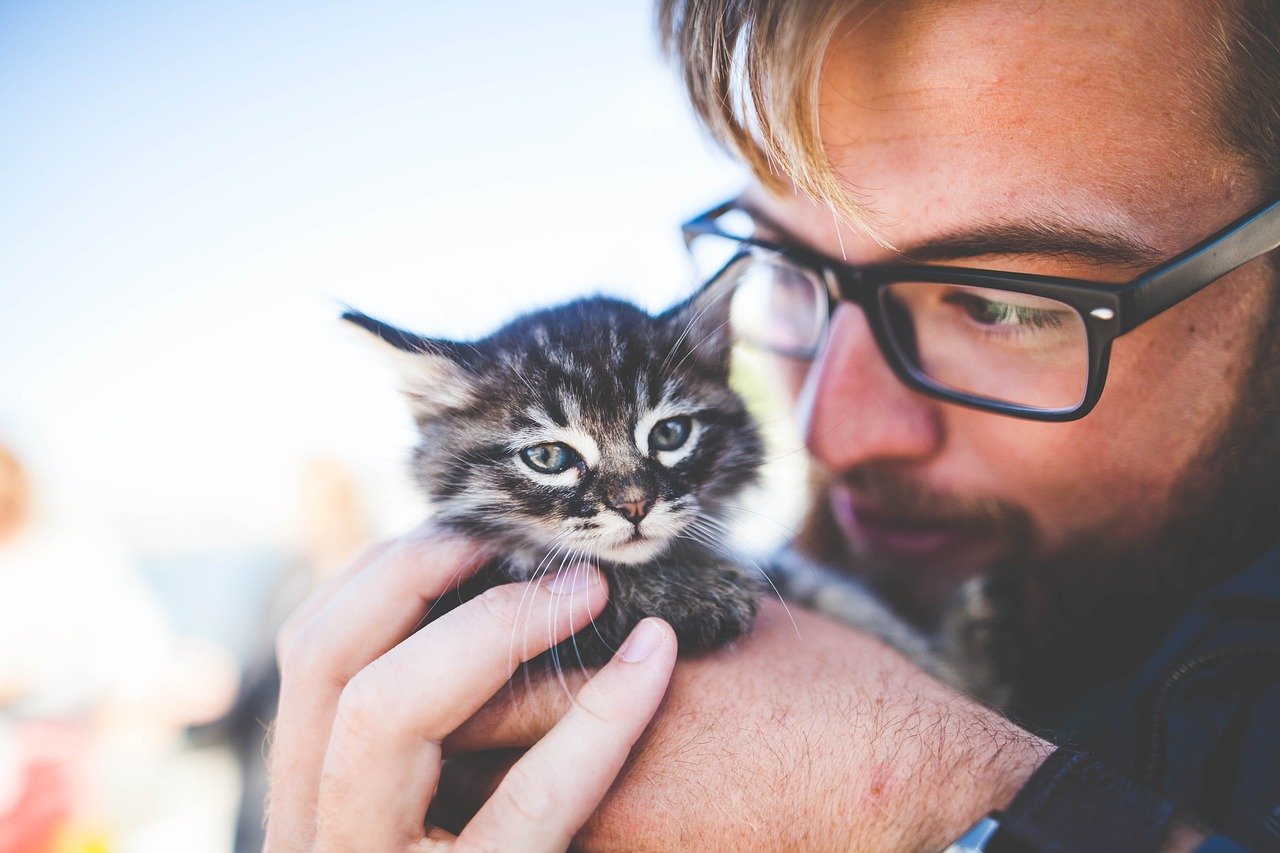
With age, cats become experts at recognizing the people who matter most to them. They learn your voice, your scent, and even your daily habits. This increased recognition leads to heightened affection, as your cat feels a stronger connection to you than to strangers. You might notice your senior cat greeting you with excitement, purring when you enter the room, or seeking out your lap above all others. This special recognition is a reward for years of shared experiences and trust.
Calmness That Invites Connection

There’s a special calmness that radiates from many senior cats. The wild energy of youth gives way to a peaceful presence that invites connection. They become less reactive, more patient, and easier to approach. This calm demeanor often encourages more affectionate interactions, as both cat and human relax in each other’s company. The tranquility of an older cat can be contagious, turning ordinary moments into opportunities for quiet bonding and reflection.
Willingness to Show Vulnerability

Perhaps the most touching emotional shift in senior cats is their willingness to show vulnerability. Whether it’s exposing their belly, sleeping deeply in your arms, or seeking comfort when they’re not feeling their best, these acts of trust are profound. Your cat’s vulnerability is a sign that they feel completely safe with you. It’s an invitation to share in their world, to offer comfort, and to receive affection in return. This mutual vulnerability becomes the foundation of a relationship filled with tenderness and understanding.
Hi, I’m Bola, a passionate writer and creative strategist with a knack for crafting compelling content that educates, inspires, and connects. Over the years, I’ve honed my skills across various writing fields, including content creation, copywriting, online course development, and video scriptwriting.
When I’m not at my desk, you’ll find me exploring new ideas, reading books, or brainstorming creative ways to solve challenges. I believe that words have the power to transform, and I’m here to help you leverage that power for success.
Thanks for stopping by, Keep coming to this website to checkout new articles form me. You’d always love it!






